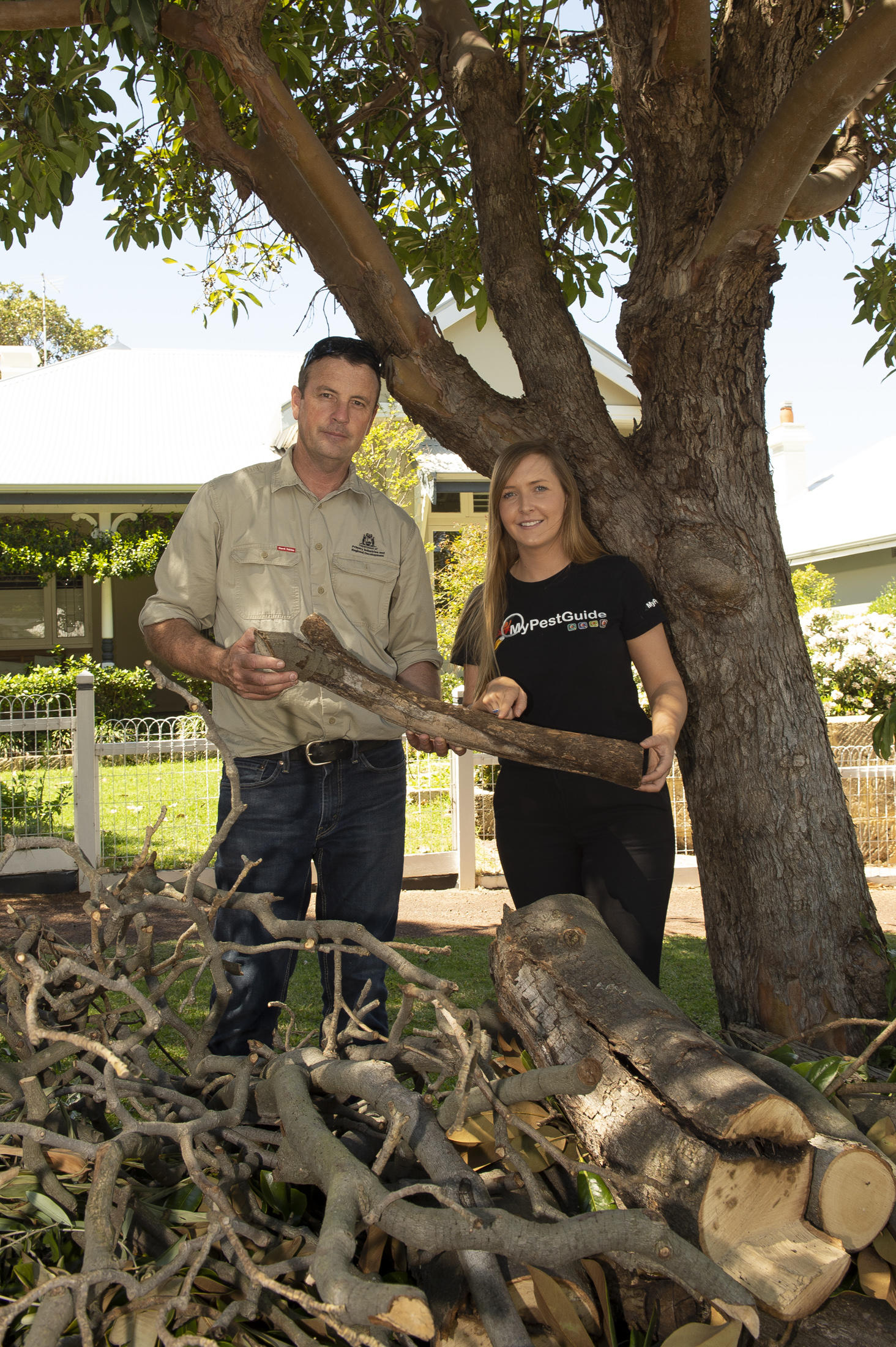We are asking people who have a box elder maple on their property or who identify one on the street or any public areas, that you report the location of these trees. This is crucial so we can inspect the trees determine if they are infested with Polyphagous shot-hole borer (PSHB) or have a high probability of becoming infested.
Reproductive hosts are susceptible trees in which both the beetle and the fungus successfully establish and reproduce. The global host list is extensive, with over 100 reproductive hosts. The top hosts are:
- Maple (Acer)
- Black locust (Robinia)
- Coral tree (Erythrina)
- Plane tree (Platanus)
- Fig (Ficus)
- Poinciana (Delonix)
- Mirror bush (Coprosma)
- Castor oil (Ricinus)
Non-reproductive hosts are plants that can be attacked by the beetle, but PSHB is not reported to be able to successfully establish galleries and complete their lifecycle in these species.
While the fungus may be present in these hosts the disease does not establish and these hosts are not expected to die. Pruning of these hosts of the affected areas is possible, to be able to save the plant. Non-reproductive hosts include citrus (Citrus) and grapes (Vitis).
Report a suspected Polyphagous shot-hole borer infestation
Please include a ballpoint pen or ruler in photos of bore holes. This assists us in assessing the size of the bore holes.
DPIRD Pest and Disease Information Service
MyPestGuide®



